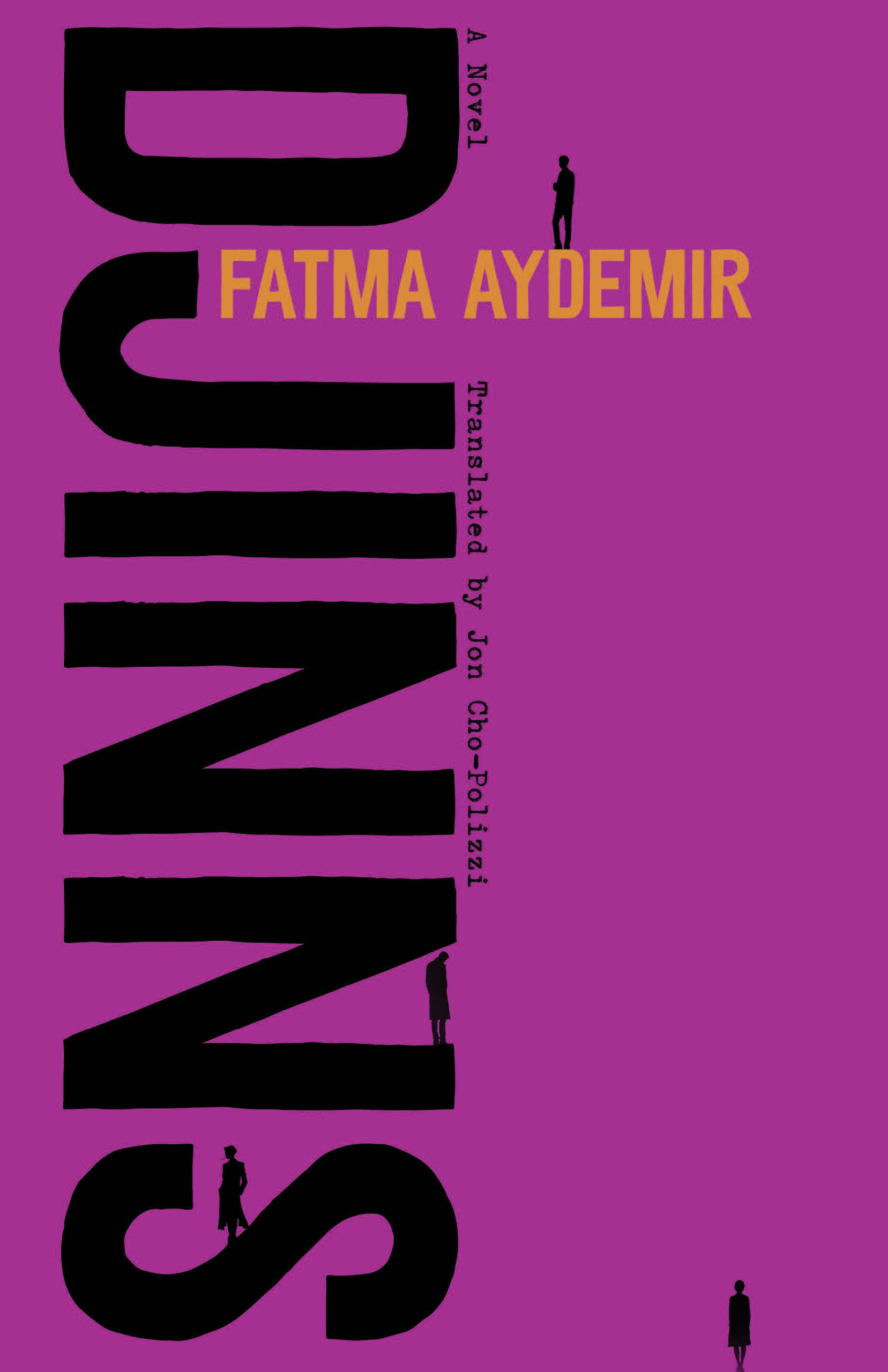
Djinns
I’ll say it right from the start: Djinns (translated by Jon Cho-Polizzi) is an excellent book! I feel certain it will remain one of my highlights for 2022 and go on to win many awards. Fatma Aydemir shows exceptional compositional and narrative skill in her second novel, which is based on a family story.
The story is built around the death of a father. For 30 years, Hüseyin toiled as a so-called “Gastarbeiter” – “guest worker” – in Germany. In the 1990s, at the beginning of his retirement, he dies just as he has managed to fulfil a lifelong dream – he has managed to buy a flat in Istanbul. His wife Emine and their four very different children, each with their own particular baggage, travel to Istanbul for the funeral. It is the first time in a long time that they all meet again, and the question arises whether the encounter will lead to the resolution of conflicts, to forgiveness and rapprochement. At first, the story is reminiscent of Taiye Selasi’s acclaimed novel Ghana Must Go. But Djinns is less glamourous: the language is simpler, the characters are not high flyers, and queerness is a central element.
Djinns lives from its excellently developed characters, who each have their own voice and worldview. In each part of the book, readers encounter one of these different perspectives. At a pre-launch reading for booksellers and bloggers organised by Hanser Verlag, Fatma Aydemir related that she was interested in getting to know Hüseyin better. But except in Emine’s life, Hüseyin fades into the background. He may be the family patriarch, but he is also a grey, exhausted little man. This family is made up of secrets. They lack a language to confide in each other, due both to generational differences and histories of migration and oppression. Hüseyin and Emine’s first language was Kurdish, which they abandoned for fear of persecution. They conceal part of their identity from their children, who grow up speaking mostly Turkish, and later German. Ümit, the youngest son, conceals that he is gay and is forced by his football coach to undergo conversion therapy. Peri keeps quiet about her tragic relationship and details about her life as a student, which could not be further from her parents’ life. Hakan keeps his crooked business dealings to himself. Peri insinuates that Sevda is too assimilated, as she frees herself from a forced marriage and manages to successfully run a pizzeria as an illiterate woman. Suspense is maintained by the constant sense that something must happen in Istanbul – and indeed another secret is revealed at the end.
Alongside the many secrets, there is reproachfulness towards the parents, and experiences of racism in Germany. There is fear and there is shame. There are ruptures and moments of rapprochement. The complexity of migration, family, relationships and life choices lie at the centre of Djinns. The book invites readers to develop empathy for all the characters. Those who engage with their perspectives realise how rarely anything is simply good or bad, black or white. Djinns is an intelligent book and a page turner.
Order the book here and support us! The work behind poco.lit. is done by us – Anna und Lucy. If you’d like to order this book and want to support us at the same time, you can do so from here and we will get a small commission – but the price you pay will be unaffected.

